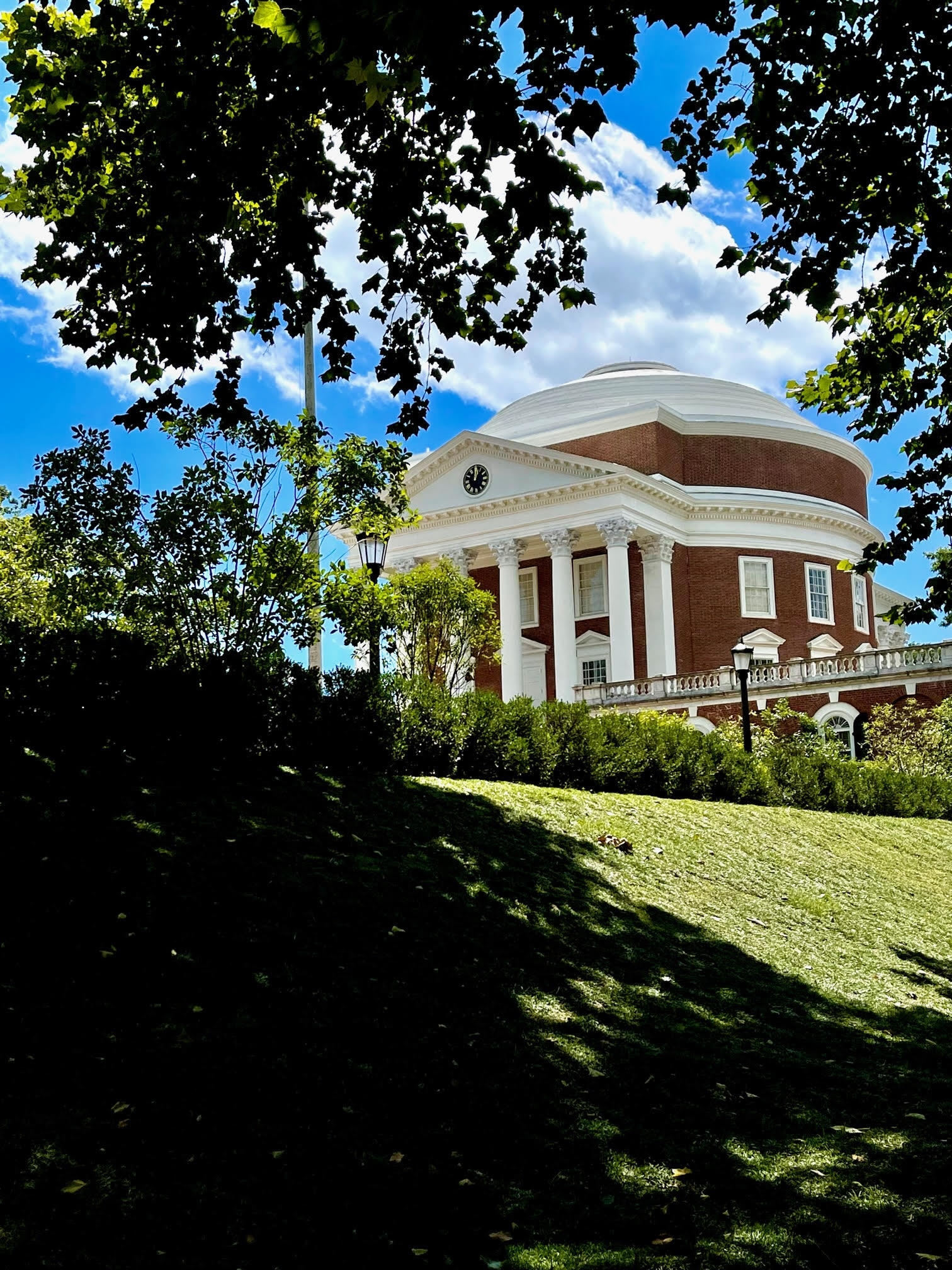Thanks to all the many people and sponsors who made the event on July 18, 2024 a success!
We will have a second online conference with new papers related to this theme on December 6, 2024. To stay informed about this event, sign up here (you do not need to sign up again if you are already on the announcement list from the July conference.
The opening keynote for the December conference will be Dr. Tamara Kneese of the Data and Society Institute.
___________________________
Previous update:
The Conference Program from 18 July 2024 is on this page
Or, click here for a PDF version

___________________________
Previous update:
Call for Papers: Rethinking the Inevitability of AI: The Environmental and Social Impacts of Computing in Historical Context
April 22, 2024: 300-500 word paper proposals due
July 18, 2024: Date of online conference
In late 2023, news broke that Microsoft was looking into developing nuclear reactors to power their forays into AI. According to the International Energy Agency, data centers may be on track to double their energy usage by 2026 thanks in large part to AI and other power-hungry computing applications.
At the same time, companies globally have begun pushing their free or low-cost “AI” tools to consumers, businesses, on many college campuses, and in K-12 education. Many educators have come under intense pressure to “integrate” these largely untested, energy hungry tools into their teaching, while multiple industries have undergone premature labor corrections due to the expectation that AI will soon diminish the need for workers.
To date, the burgeoning demand for power and water to support data centers across the U.S. and globally has occasionally made headline news, but impacts on the environment are usually overshadowed by the tech industry’s need for more power, both literally and figuratively.
We are convening a one-day, online conference for the purpose of historically contextualizing AI and computing, particularly with respect to the environment. The goal of this conference is to highlight and share work that helps us better understand this history, our current situation, and our potential futures.
The impacts of computing infrastructures on the natural environment, the built environment, energy consumption, and water use will be a particular focus, but because the environmental and social impacts of computing technologies are deeply intertwined--from mining and manufacture, to data centers, to end users--the conference also welcomes work on the meanings of AI and associated computing technologies for education, labor, racial justice, gender norms, and other areas. Drawing on the work of scholars such as Mél Hogan and Tamara Kneese, who will keynote the conference, and journalists such as Karen Hao and Chris Stokel-Walker, among many other people doing work in this and allied spaces, this online conference will create an opportunity to share new work on computing infrastructure’s past, present, and future, and all the ways so-called AI winters and AI booms have changed the landscape and the wider world.
We welcome proposals on:
-computing infrastructures and their histories
-the history of computing as it intersects with the environment
-histories of AI
-the current and evolving state of practice in industry and law
-all other relevant topics
We hope to bring together academics, public policy workers, journalists, and community activists for fruitful conversations about what threatens to be a sea change in how computing infrastructures function, and how large a share of natural resources they consume. New research on the infrastructures that have enabled AI, the history of computing and the environment, and current and potential best practices for consumption are critical areas of inquiry as AI technologies continue to ramp up.
Proposals to present at the conference are due April 22nd 11:59PM ET. Please email a 300-500 abstract and paper title, along with a short bio (no more than 50 words) to this email: proposals@virginia.edu
The conference will take place July 18, 2024, in an online meeting format (zoom), timed to accommodate multiple times zones but based in the Eastern Time Zone of the U.S.
Papers do not need to be circulated in advance of the conference. There will be an opportunity for those interested to potentially contribute to a special issue of a journal or an edited book volume after the conference.
If you have any questions, please contact Mar Hicks at mhicks@virginia.edu
Thank you,
Mar Hicks and Erik Linstrum, co-conveners
Conference funding and support provided by the Environmental Institute of the University of Virginia, the UVA History Department, The School of Data Science Office of Equity and Inclusion, and the UVA School of Data Science